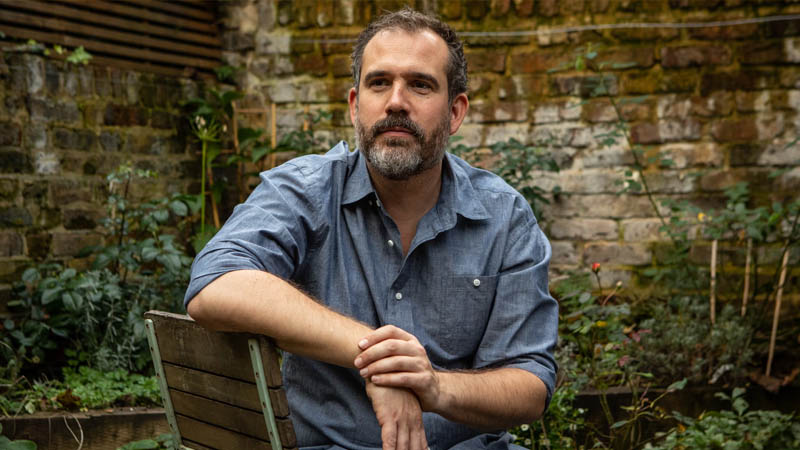
Dr. Xand van Tulleken, a regular on BBC Morning Live, is raising a critical warning about the impact of certain foods on medications. In his latest advice, the doctor explains that consuming certain foods while on medication could reduce the drug’s effectiveness and may even pose serious health risks.
In a candid conversation, Dr. van Tulleken revealed that a staggering 80 percent of people in the UK do not take their medication as prescribed. This includes medical professionals, with Dr. van Tulleken admitting that even he has fallen victim to this. His warning goes beyond just medication errors—it extends to how specific foods can interfere with treatments, as reported by the Mirror.
One food that Dr. van Tulleken highlights is grapefruit. The doctor cautions that consuming grapefruit or foods containing it, such as jam, can be especially dangerous when taken with certain medications. He explains: “If you’re eating grapefruit and you take drugs regularly, you should definitely have an alertness and a knowledge of what’s going on because grapefruit can be dangerous.”
According to the doctor, the reason grapefruit poses such a threat is rooted in its natural chemical properties. Grapefruit contains compounds that inhibit an enzyme responsible for breaking down medications in the body. “When we take medication, our bodies break them down so we can excrete them harmlessly after they’ve worked. So grapefruit can either stop breaking down the drugs, which leads to a very high dose, and that can have quite toxic effects,” Dr. van Tulleken warns.
In some cases, he notes, the fruit can prevent the drug from being metabolized into its active form, meaning not only is the drug ineffective, but the patient could also be exposed to toxic side effects.
Dr. van Tulleken stresses that the impact of grapefruit can last for several days, with even a small amount being enough to alter drug processing. “I’d say if you’re on a regular medication, check with your pharmacist or GP before you eat a grapefruit,” he advises.
The doctor also touches on other common food and drug interactions. He specifically points out warfarin, a popular blood thinner, whose effectiveness can be influenced by foods rich in vitamin K, such as avocado, spinach, broccoli, and olive oil. He recommends “spreading out” consumption of these foods to maintain consistency, rather than eating them in bulk, as balance is key in ensuring the medication works as intended.
Dr. van Tulleken’s warning serves as an essential reminder for everyone taking medication to be cautious about their diet, and to always consult healthcare professionals regarding potential interactions.







